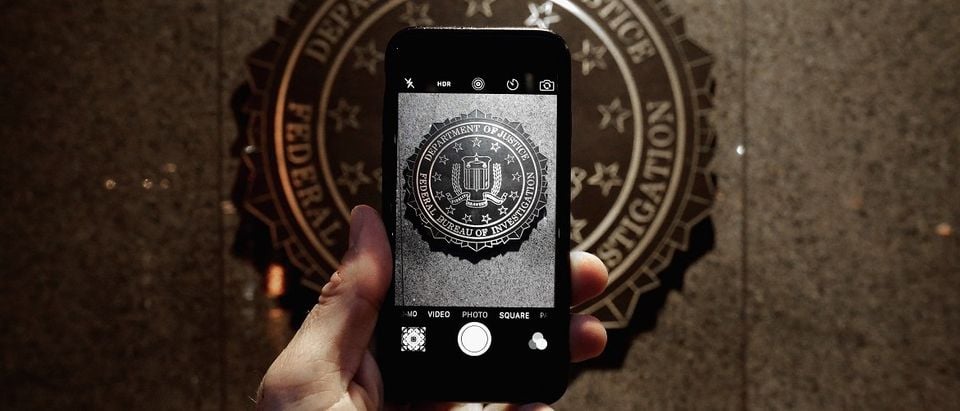A motion filed Monday by defense lawyers accuses the Federal Bureau of Investigation of, at one point, being the largest distributor of child pornography on the “darknet.”
The FBI has admitted to taking over the child pornography site Playpen in the spring of 205 in an attempt to arrest users. Playpen was located on Tor which is commonly referred to as the darknet. Tor allows for users to remain largely untraceable.
After taking over Playpen, the FBI injected malware into the site in an attempt to find out the real computer addresses of users. “Operation Pacifier” led to 186 prosecutions. The defense attorneys of three individuals charged from the operation filed a motion to dismiss the indictment based on the federal government’s actions.
“As part of the unfortunately named ‘Operation Pacifier,’ the Government actively aided and abetted more than 100,000 users in posting, viewing, and sharing illegal pictures and videos. The FBI itself distributed as many as 1,000,000 pictures and videos of child abuse, causing harms greater than that of any distribution defendant who has ever been prosecuted in this district,” defense attorneys Colin Fieman, Robert Goldsmith, and Mohammad Hamoudi wrote.
The FBI was in control of Playpen from February 19, 2015 to March 4, 2015. During this time approximately 50,000 users logged in a week. “Prior to the FBI’s operation of the site, the average number of weekly visitors had been just 11,000. Despite several requests for an explanation, the Government has refused to disclose how it increase the traffic to the FBI’s site fivefold,” the attorneys wrote in the motion.
“The FBI’s operation of the site included facilitating the uploading and redistribution of child pornography onto the Internet,” the attorneys continued on to say. The FBI has not provided exact numbers of images distributed on Playpen. “Instead, the Government has acknowledged that it distributed a minimum of 22,000 pictures, videos and additional links to child pornography. However, the Government has also maintained that it is unable to account for all of the content that was posted on its site,” the motion stated.
There were about 1,000,000 logins into the site, so the attorneys estimate that each visitor has at least downloaded or posted at least one photo or video. “This results in a conservative estimate that the FBI distributed somewhere in the range of 1,000,000 images of child abuse,” the attorneys wrote.
This distribution of an estimated million images and videos of child pornography means the FBI is re-victimizing child abuse victims according to their own words. The motion points out a DOJ press release which stated, “Producing and distributing child pornography re-victimizes our children every time it is passed from one person to another.”
The attorneys compare “Operation Pacifier” to the ATF’s infamous “Operation Fast and Furious.” “This is simply because the FBI could not investigate, much less prosecute, 100,000 or so Playpen visitors in a timely fashion. Predictably, the Government ended up spreading far more child pornography, and enabled many more crimes, than it could ever investigate and prosecute,” the motion states.
Users would have been able to upload child pornography downloaded from the site to other websites or distribute it through other means.
The attorneys in the motion also describe “another particular disturbing detail that has emerged from the discovery.” The motion states: “The FBI has maintained a ‘How To’ advice section on how to go about sexually abusing children and avoid detection, as part of an effort to enhance Playpen’s credibility as an illicit site. New postings were added to this section throughout the time was operating the site.”
The attorneys concluded that: “The court should schedule an evidentiary hearing to determine the extent of the harm caused by the Government’s investigatory tactics and dismiss the indictment if the Court finds the governmental conduct leading to the charges against the defendants cannot be reconciled with fundamental expectations of decency and fairness.”


